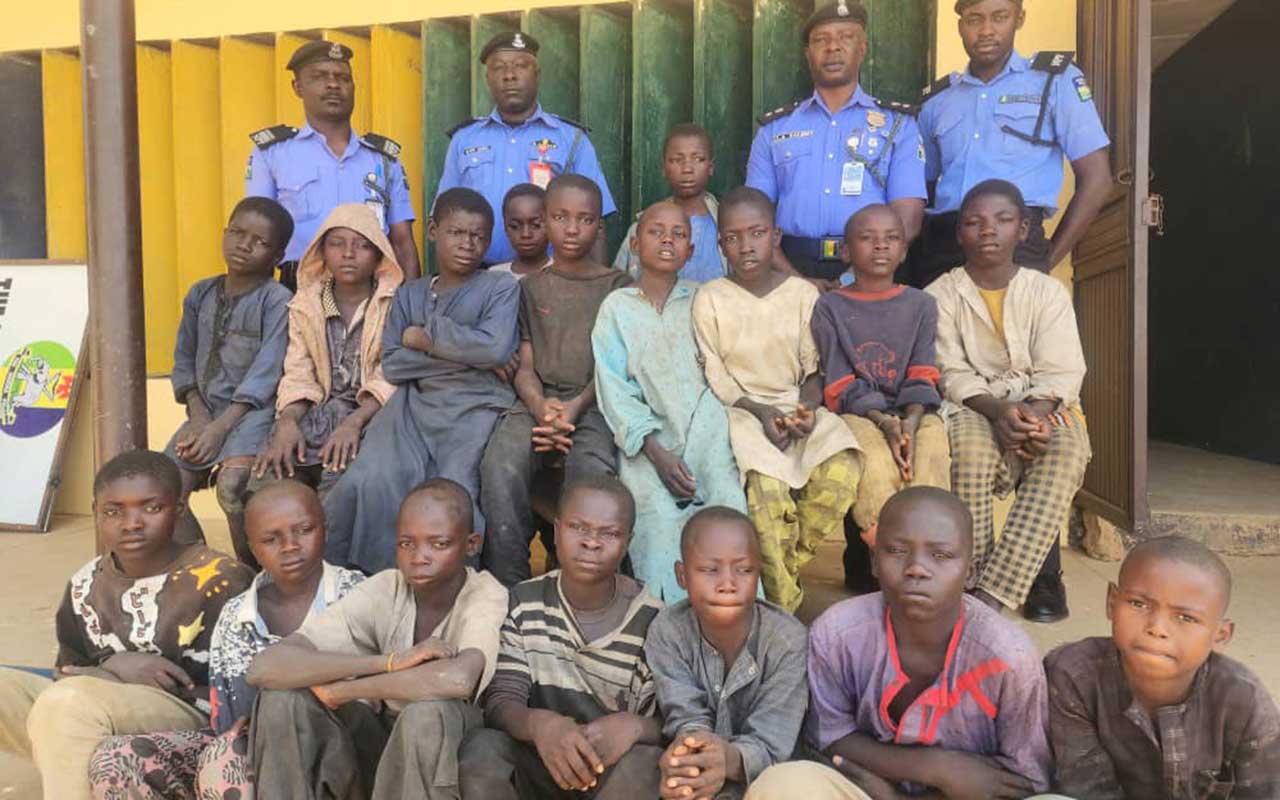Rwanda born Olexa Heshima has called on global trade leaders to place young entrepreneurs at the heart of policymaking, warning that without bold reforms, Africa risks losing its trade potential.
She stated this while speaking at the World Trade Organisation’s (WTO) Public Forum, Heshima urged governments to adopt youth-centred policies, harness digital tools, and ensure stability in trade frameworks.
Heshima, who serves as a Senior Business Analyst at BDO East Africa in Rwanda, was selected as one of seven members of the WTO’s 2025 Young Trade Leaders programme.
From over 1,200 applicants, she is the only African chosen, representing a continent with immense entrepreneurial energy but limited support structures. At BDO, she helps SMEs with investment readiness and trade competitiveness, an experience that shaped her contributions at the Forum.
During the flagship session, Breaking New Ground: Priorities for Trade’s Next Generation, held from September 16 to 18, she highlighted Africa’s challenge: despite high levels of entrepreneurship, more than half of micro and small enterprises collapse within their first few years due to structural barriers, limited financing, and unstable trade policies.
To address this, Heshima offered three proposals. First, greater youth inclusion in policymaking to ensure frameworks like the AfCFTA reflect their realities. Second, the adoption of digital solutions, pointing to the WTO’s 2025 World Trade Report, which projects that AI could raise trade efficiency by 40 percent and global GDP by up to 13 percent by 2040. As part of this vision, she proposed TradeAI, a platform to help MSMEs navigate rules, reduce compliance costs, and unlock new markets. Third, she called for long-term, stable policies. “Uncertainty helps no one,” she said. “Unilateral trade decisions could amplify existing barriers and cripple our chances of attaining the SDGs.”
Her arguments echoed the WTO’s report launch, which warned that access to artificial intelligence remains highly uneven. Restrictions on AI-related goods have surged from 130 in 2012 to nearly 500 in 2024. Echoing WTO Director-General Ngozi Okonjo-Iweala’s concerns, Heshima insisted that African entrepreneurs must not be left behind. Africa cannot afford to be a spectator, she said. Our young entrepreneurs need access to markets, technology, and finance to turn these projections into reality.
Beyond the mainstage, she worked with other Young Trade Leaders in workshops on trade facilitation, peacebuilding, and green value chains, where they explored ways to connect global frameworks with local realities. On the sidelines, she also met Rwanda’s delegation and WTO Deputy Director-General for Development Xiangchen Zhang, who praised Rwanda’s role in the Digital Trade for Africa programme and described her place at the table as instrumental in shaping African trade policy.
She stressed that tools like TradeAI could help small businesses navigate AfCFTA’s shifting tariff structures and regulatory updates. Trade rules shift constantly, from tariff adjustments to digital trade clauses, and it is nearly impossible for a small business to keep up, she explained. By putting this information in the hands of entrepreneurs in real time, TradeAI can help them stay competitive and focus on growth.
Her message was clear: without deliberate steps to empower youth, Africa’s trade potential may remain untapped. We need long-lasting policies that inspire investor confidence and give youth the tools to succeed, she concluded. If global trade is to work for all, then young Africans, the very drivers of our economies, must be equipped with digital tools, affordable access, and clear rules. Only then can the AfCFTA deliver the inclusive prosperity it was designed for.






